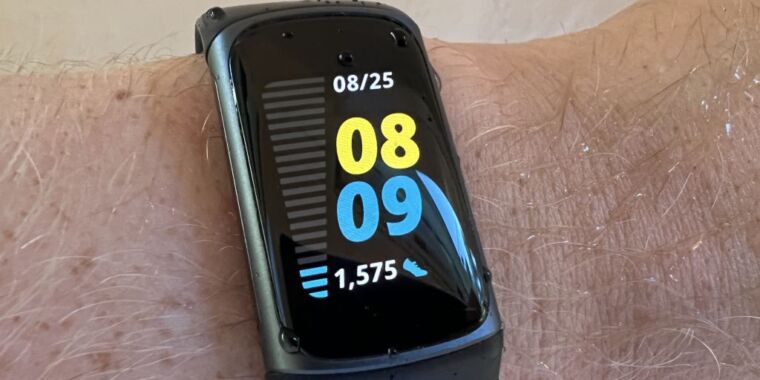‘Shadow AI’ on the rise; delicate knowledge enter by employees up 156% – Cyber Tech
AI use within the office is rising exponentially, and employees are inputting delicate knowledge into chatbots like ChatGPT and Gemini greater than twice as typically as they did final yr, a brand new report by Cyberhaven revealed.
“The AI Adoption and Threat Report” revealed Tuesday additionally famous progress in “shadow AI” — office use of AI instruments on private accounts that will not have the identical safeguards as company accounts. With out visibility and management over using shadow AI by workers, organizations could also be unaware of and unable to cease the publicity of confidential worker, buyer and enterprise data.
As worker AI use booms, delicate knowledge enter greater than doubles
The Cyberhaven report relies on an evaluation of AI utilization patterns from greater than 3 million employees. Total, the quantity of company knowledge employees enter into AI instruments elevated by 485% between March 2023 and March 2024, in accordance with Cyberhaven. The overwhelming majority of this use — 96% — concerned instruments from OpenAI, Google and Microsoft.
Staff at expertise firms have been the heaviest customers of AI instruments, sending knowledge to bots at a charge of greater than 2 million instances per 100,000 workers and copying AI-generated content material at a charge of greater than 1.6 million instances per 100,000 workers.
Of the info submitted to chatbots by workers, 27.4% was delicate knowledge in contrast with 10.7% final yr — a 156% charge enhance. The commonest kind of delicate knowledge submitted was buyer assist knowledge, which made up 16.3% of the offending inputs.
Along with buyer assist knowledge, delicate knowledge fed into chatbots additionally included supply code (12.7%), analysis and growth knowledge (10.8%) and extra.
Shadow AI poses confidentiality dangers
The “massive three” AI software suppliers all supply enterprise AI options which have higher safety and privateness options, equivalent to not utilizing inputs for additional mannequin coaching. Nevertheless, Cyberhaven’s evaluation discovered that the overwhelming majority of office AI use is on private accounts with out these identical guardrails, constituting shadow AI inside organizations.
For ChatGPT, 73.8% of worker use was on private accounts; for Google instruments, private account utilization was a lot increased. Previous to rebranding to Gemini in February 2024, Google Bard was used within the office on private accounts 95.9% of the time. After the discharge of Gemini, private account use remained astronomically excessive at 94.4%.
One of the vital dangerous makes use of of shadow AI was the submission of authorized paperwork — though these submissions made up 2.4% of delicate knowledge inputs tracked, 82.8% of those uploads went to private accounts, rising the danger of public publicity. Moreover, about half of supply code uploads went to private accounts together with 55.3% of analysis and growth supplies and 49% of worker and human assets data.
Why worker AI use issues
Sending delicate firm data to AI instruments not solely dangers feeding that data to the fashions, or probably to different third events by way of plugins, but additionally dangers publicity by means of AI software vulnerabilities and breaches.
For instance, about 225,000 units of OpenAI credentials have been obtained by menace actors utilizing infostealers and offered on the darkish internet final yr, Group-IB discovered. If a employee was sending confidential data to ChatGPT, that data can be up for grabs if their account credentials are compromised.
Moreover, researchers at Salt Safety found vulnerabilities in ChatGPT and several other third-party plugins final yr that might give menace actors entry to customers’ conversations and GitHub repositories.
Unsafe use of AI generated content material within the office can also be a priority. The Cyberhaven examine discovered that 3.4% of R&D supplies produced in March 2024 have been AI generated, together with 3.2% of recent supply code insertions. Use of GenAI in these areas, particularly instruments not particularly meant to be coding copilots, raises the danger of introducing vulnerabilities or incorporating patent-protected materials.



